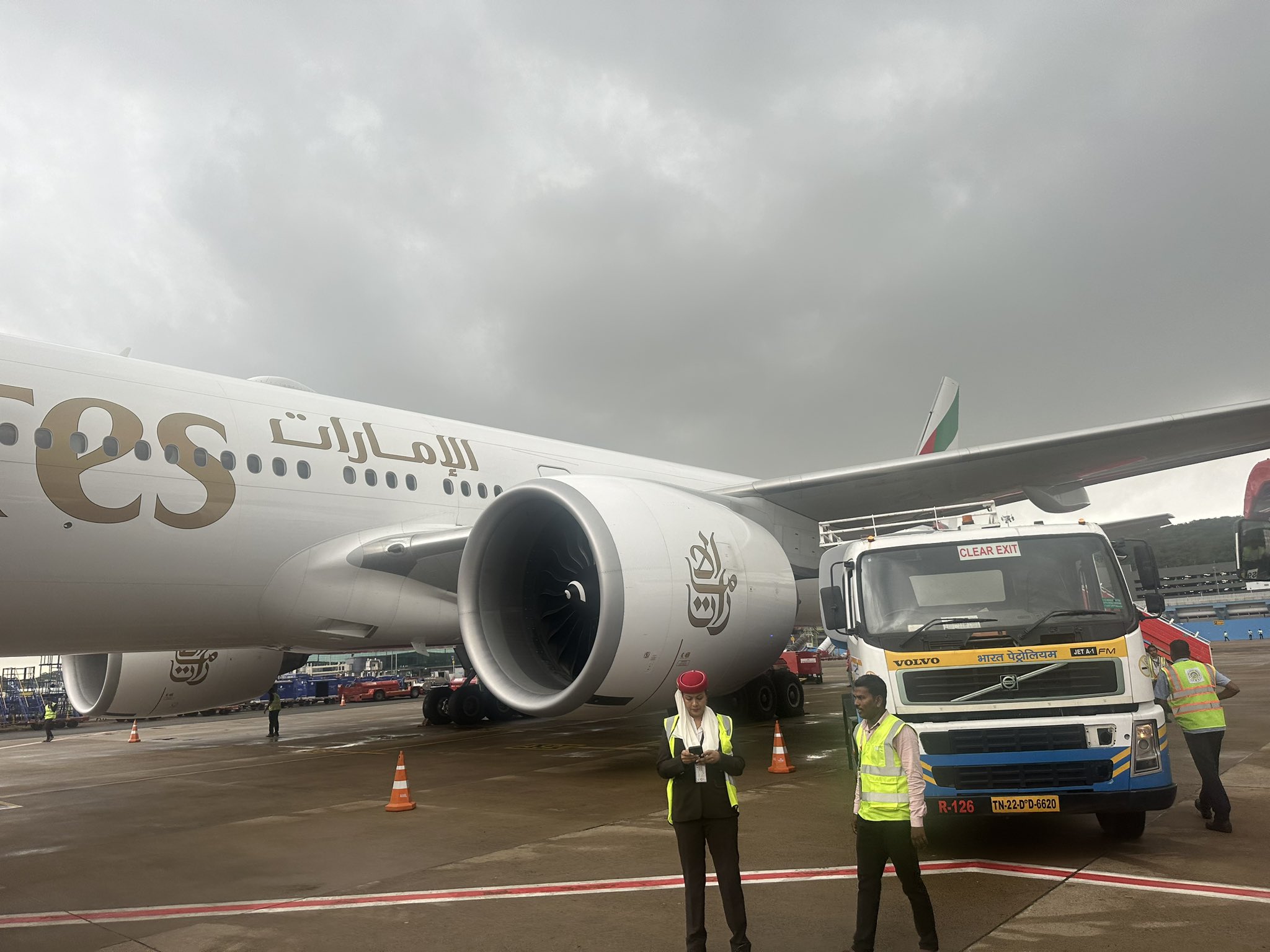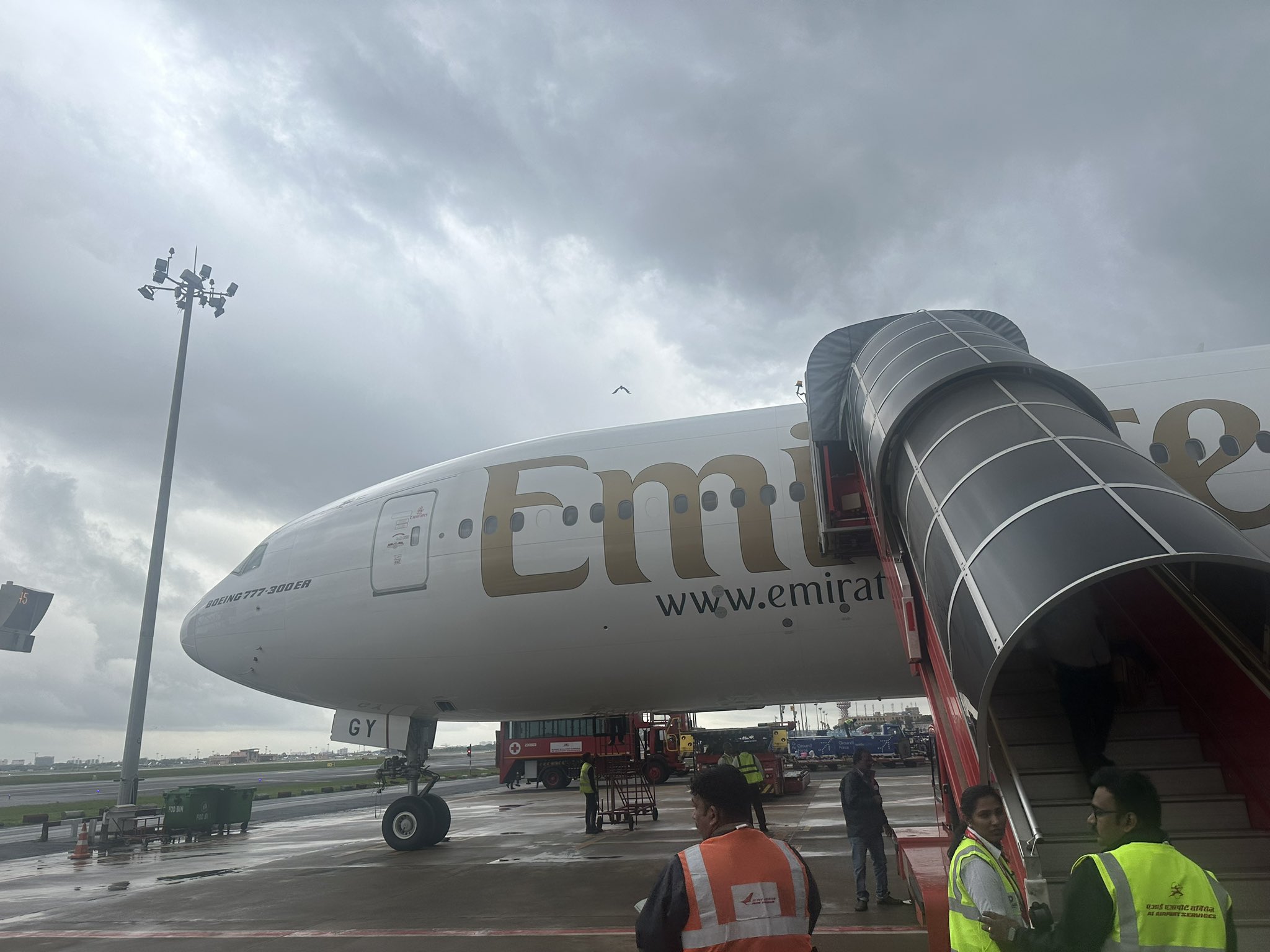
Flight operations at Kuwait International Airport have been significantly disrupted due to escalating tensions in the region, prompting the Directorate General of Civil Aviation (DGCA) to announce the diversion, cancellation, and rescheduling of several flights on Friday, June 13. The DGCA is actively coordinating with airlines to manage both inbound and outbound flights, ensuring passenger safety and operational continuity amid the ongoing regional situation.
Kuwait’s Jazeera Airways has temporarily suspended all flights to and from Iran, citing the evolving security environment, and is providing regular updates and support to affected passengers. Meanwhile, Kuwait Airways has maintained normal operations but remains on high alert, prepared to implement contingency plans if the situation deteriorates further. The disruptions come as several international carriers have also adjusted routes or suspended flights in response to heightened tensions following recent Israeli strikes on Iran.
These operational challenges add to Kuwait International Airport’s broader struggles. The airport has seen a notable decline in passenger traffic—down 1% in 2024 to 15.4 million travelers—while neighboring Gulf airports such as Dubai, Doha, Riyadh, and Abu Dhabi have reported robust double-digit growth. Fourteen international airlines, including British Airways, Lufthansa, and KLM, have withdrawn from Kuwait in recent months, citing rising jet fuel costs, intensifying regional competition, and persistent infrastructure shortcomings.
Aviation analysts warn that unless Kuwait undertakes urgent reforms to modernize its airport facilities and improve passenger services, it risks further losing its strategic position as a regional air hub. The current disruptions, combined with the airport’s declining competitiveness, could lead to longer travel times, fewer direct connections, and higher costs for travelers, particularly for expatriate communities reliant on Kuwait as a transit point.
As the situation evolves, the DGCA and airlines continue to monitor developments closely, emphasizing their commitment to passenger safety and operational readiness in the face of regional uncertainties.
































.jpg)




























